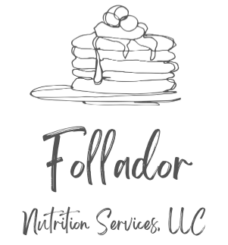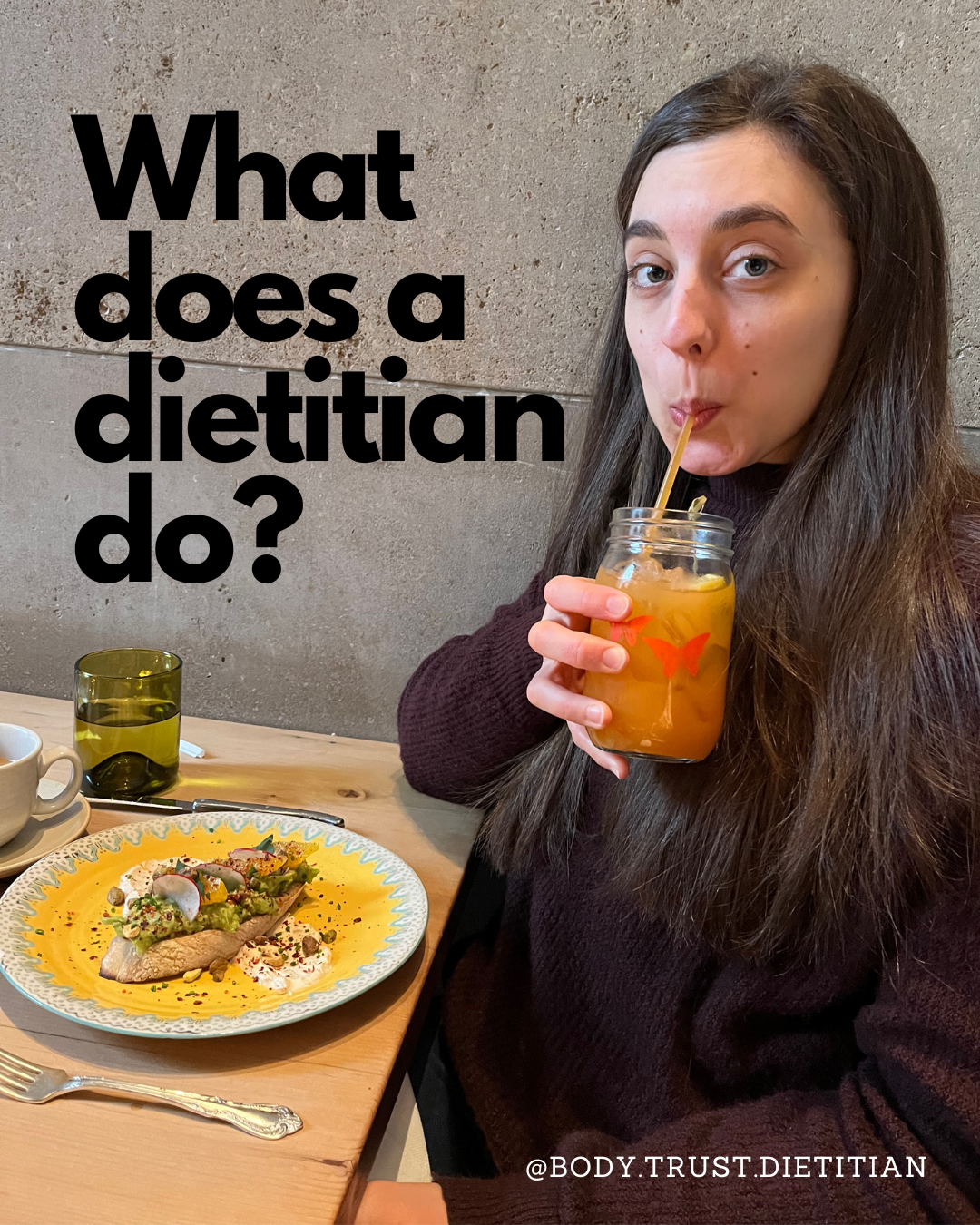“So, what do you do for work?”
This question is an easy and common conversation starter, one that you’ve probably been asked countless times. When I answer “I’m a dietitian,” most people simply say that my career choice is “cool” or tell me about their experiences with lactose intolerance.
However, by far the most memorable response I ever had to my disclosure of my career choice is: “How do you know enough about diabetes to teach a class about it?”
I’ve never thought of a dietitian as an obscure profession, but it’s questions like these that remind me of just how much people really don’t understand what dietitians do (even people who work in other health professions).
This lack of awareness around my profession’s breadth of knowledge and expertise used to upset me because I took it personally. I felt like the hard I put in to obtain my RDN credentials went unnoticed.
Now, though, I don’t care so much about people understanding how much I know or how hard I’ve worked to become a dietitian. I care about people knowing how much I can help them!
I love helping people, I’ve helped a lot of people as a dietitian, and I’d really love to help more.
So, here’s a list of twelve ways I’ve helped people as a dietitian. My hope is that you’ll see yourself in one of these anecdotes and carve out time to find a dietitian who can help you!
- I helped a patient with diabetes call his insurance company to obtain a list of in-network endocrinologists and covered insulin formulations. He was able to schedule an appointment, get an insulin prescription, and reduce his A1c from ~11% to ~7%.
- I helped a woman realize her nausea, headaches, and extreme fatigue were due to her severe undereating. I was the first healthcare professional to believe her when she told me she was only eating 1200 calories or less per day. Due to her higher body weight, every other healthcare professional she consulted did not believe that she was barely eating and encouraged her to “try harder.” We came up with a simple meal plan to help her eat more. Not only did her symptoms diminish, but she also lost 10 pounds in 2 weeks after being on a weight plateau for nearly a year.
- I gave a patient with end stage renal disease permission to enjoy pumpkin pie on Thanksgiving by helping him understand that one food alone will not throw his bloodwork out of whack. He was so happy to eat his pumpkin pie, and the thought of that still brings me joy.
- I helped another patient realize that bananas are not the only high potassium food, and that the baked potato they recently ate was the culprit for their high blood potassium level.
- I listened patiently as a client told me about how her PTSD was affecting her eating habits. I helped her find a therapist and held her accountable to attending her therapy sessions. I met with her weekly and talked through her meal plan for the week so that she didn’t have to worry about deciding what to eat when she felt too emotionally drained to make any decisions.
- I helped a patient who experienced an extreme and sudden loss of income find a food bank close to where he lived so that he could obtain food.
- I’ve assisted patients who are managing a new health condition (and the many stressors that accompany it) in applying for a meal delivery service so that they have ready-to-eat food when they are too exhausted to cook.
- I taught a client about how the amount of carbohydrates she was eating was not enough for her unique body and lifestyle. I helped her come up with a meal plan that included adequate carbohydrates. Her energy level improved, her mood stabilized, and her food cravings greatly decreased.
- I gave a client permission to stop counting calories and helped her come up with a simple meal plan that helped her reach her health goals without guilt and obsession.
- I helped a client come up with quick and easy snack ideas to eat throughout her day that worked with her busy work schedule. She thought that she needed to eat structured meals to be healthy, so she wasn’t eating until dinnertime. Once she started snacking throughout the day, she began sleeping better, having more energy, and feeling less stressed.
- I’ve noticed risk factors for vitamin/mineral deficiencies/insufficiencies and recommended supplements, which has helped people improve their well-being and prevent dire consequences of deficiencies. Did you know that a Vitamin B12 deficiency can lead to irreversible neurological consequences? That a zinc deficiency can cause you to lose your sense of taste and weaken your immune system? That a folate deficiency can cause anemia? Vitamins and minerals are pretty important, y’all (and dietitians know all about them!).
- I provided a client with ideas for easy and enjoyable fueling options for running. She started fueling her runs with fruit juice and baby food pouches and improved her marathon time by 35 minutes.
There are many, many more stories, but these are the ones that stand out the most in my mind when I think of the impact I’ve made in my dietetics career so far.
Something that people also usually don’t know about dietitians – many insurance companies now cover online nutrition counseling, so you may be able to work with me (or any dietitian) at little to no cost to you!
So, how can I help you? Schedule an appointment today to see if your insurance plan covers virtual nutrition coaching.


Excellent post! You do so much to help the people you work with — I’m sure you’ve made a huge improvement in their lives.
Thank you! ??